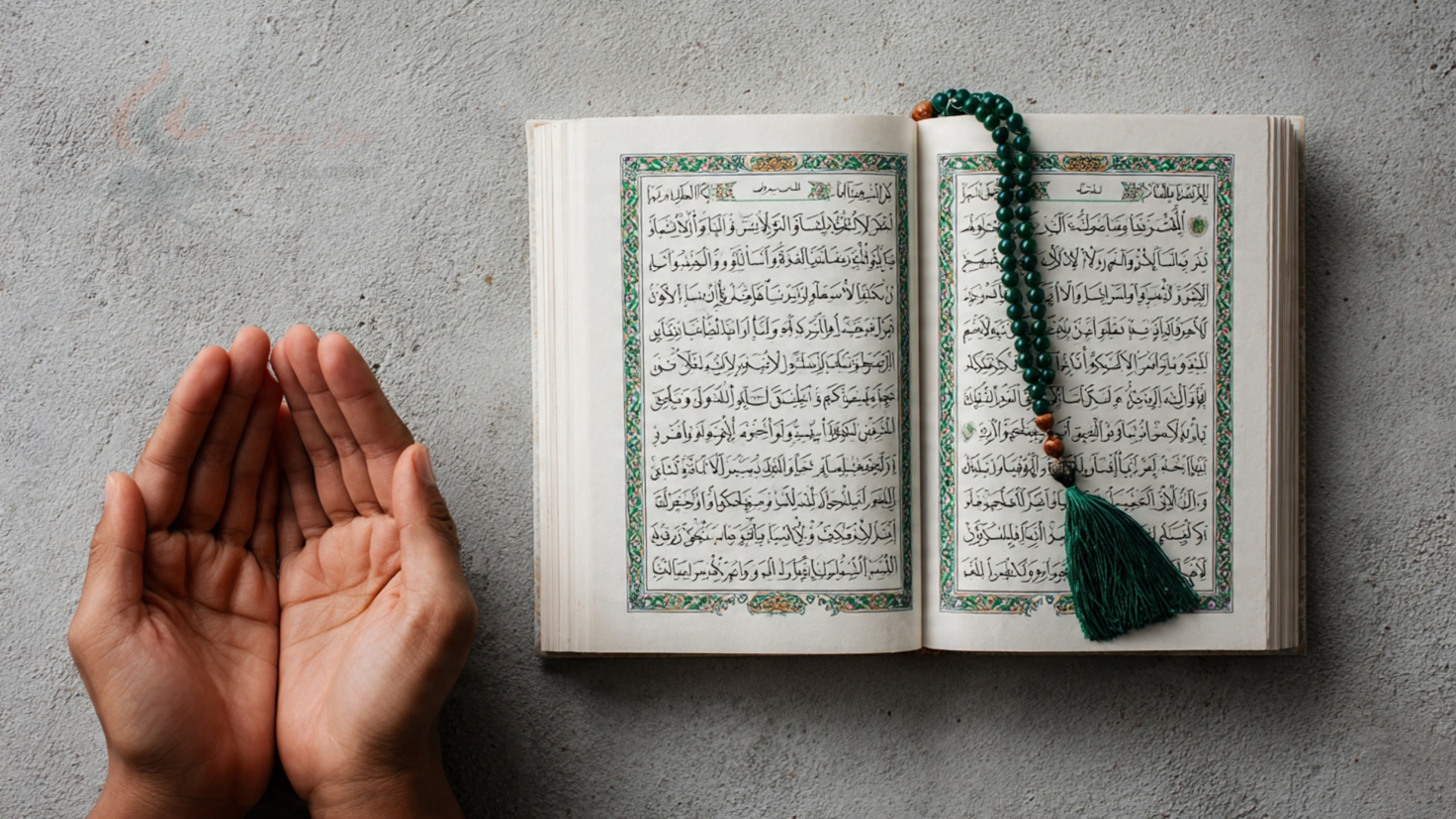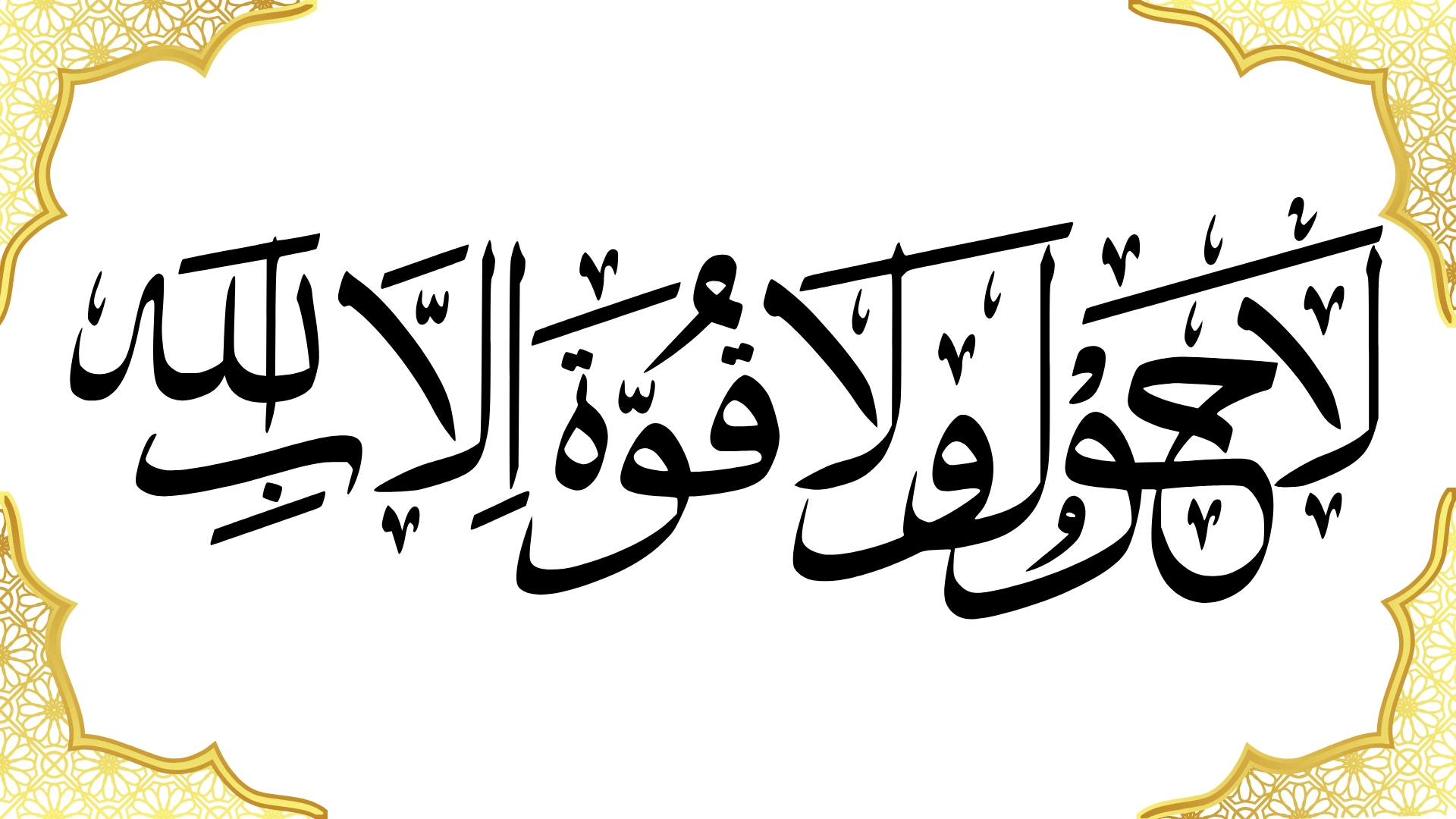Saying “God bless you” in Arabic reflects a blend of kindness and faith. Arabic-speaking communities use phrases like “بارك الله فيك” (Barak Allahu Feek), which means “May Allah bless you.” The expression holds cultural and spiritual value. Whether after a sneeze or to show gratitude, these phrases express goodwill.
Experts emphasize the importance of blessings in daily interactions. Studies reveal that phrases like these promote compassion and social bonding. Religious teachings often praise offering blessings, showing their deep impact on human relationships. Culturally, these expressions help maintain respect and unity in diverse communities.
Learning to say “God bless you” in Arabic opens doors to meaningful connections. Using phrases like “Barak Allahu Feek” bridges the gap between languages and cultures. These words spread positivity, enhancing relationships.
Common Arabic Phrases for God Bless You
The most common translation is “بارك الله فيك” (Barak Allahu Feek). Here’s a breakdown:
- بارك الله فيك
- Transliteration: Barak Allahu Feek
- Meaning: May Allah bless you.
- Usage: A versatile phrase used to express blessings.
Another commonly used expression is “الله يبارك فيك” (Allah yubarik feek). Though similar in meaning, the construction varies slightly:
- الله يبارك فيك
- Transliteration: Allah yubarik feek
- Meaning: God bless you.
- Usage: Often a response to congratulations or kind words.
For addressing women, slight adjustments are made for gender:
- الله يبارك فيكي (Allah yubarik feeki): For females.
- بارك الله فيكِ (Barak Allahu Feeki): For females.
Keep these nuances in mind when using Arabic blessings.

When to Say God Bless You in Arabic
“God bless you” is used in many contexts, much like in English. Here are some examples:
After a Sneeze
The phrase “يرحمك الله” (Yarhamuk Allah) translates to “May God have mercy on you.” It is customary to say this after someone sneezes.
To Express Gratitude
When someone does a kind act, you might say “بارك الله فيك” or “الله يبارك فيك” to thank them and ask for blessings.
During Celebratory Events
When congratulating someone, these blessings often accompany good wishes. For example, at weddings or celebrations, phrases like “بارك الله لكما” (Barakallahu Lakuma) mean “May God bless both of you.”
These phrases enrich daily interactions with sincerity and warmth.
Cultural and Religious Context of Blessings
Arabic blessings stem from Islamic values and traditions.. For example, the Quran often mentions blessings, highlighting their importance.
Example from Hadith
The Prophet Muhammad (peace be upon him) emphasized offering blessings. After someone sneezes and says “الحمد لله”( Alhamdulillah, meaning Praise be to God), the listener responds with “يرحمك الله.” This interaction reflects the deep-rooted culture of compassion within Islamic teachings.
Variations Across Arab Regions
Arabic-speaking nations have their unique variations. Here are some examples:
- North Africa
Phrases like “الله يحفظك” (Allah yahfadhak) mean “May God protect you.” - The Gulf
“جزاك الله خيراً” (Jazakallahu Khairan) is widely used to wish someone well. - Levant
People often say “الله يعطيك العافية” (Allah yatik al-afiya), meaning “May God grant you health.”
Each variation reflects local customs and dialects, showcasing the beauty of diversity.
Similar Traditions in Different Religions
The concept of blessing others is not unique to Islam or Arabic-speaking cultures. Christianity offers “God bless you” after someone sneezes, a tradition linked to wishing good health. Similarly, Judaism has phrases like “Baruch Hashem,” meaning “Blessed be God.”
This shared tradition bridges faiths, highlighting universal beliefs in goodwill and kindness.
Practical Tips for Using Arabic Blessings
- Learn Basic Phrases: Start with simple ones like “بارك الله فيك” or “الله يبارك فيك.”
- Be Mindful of Gender: Adjust phrases when addressing males and females.
- Understand Cultural Nuances: Observe the context to use blessings appropriately.
By practicing, you can strengthen bonds and show respect for a culture rich in tradition.
Conclusion
Arabic blessings offer more than words; they reflect values of care, respect, and gratitude. This small gesture promotes understanding, inclusion, and kindness. Whether you use “Barak Allahu Feek” or “Yarhamuk Allah,” every phrase carries heartfelt meaning. By adopting these phrases, you bridge cultures and honor traditions, creating a positive impact in every interaction. Make your words count and spread blessings wherever you go.




